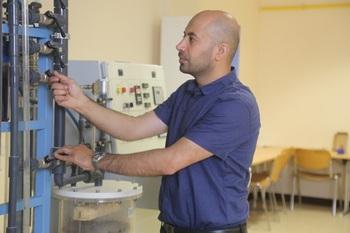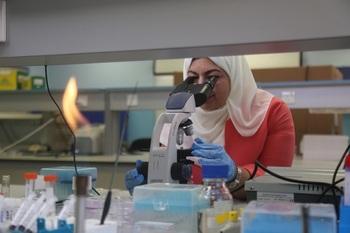Context
Jordan is an emerging Middle Eastern economy whose population consists mainly of people at or below working age. The country is relatively small, but its open economy and stability in a region with many conflicts makes it attractive to foreign investors.
Jordan’s economic growth has slowed over the last decade. Employment has been particularly affected by the recent global pandemic and the high, long-term influx of refugees. Unemployment stood at 25 per cent in 2021, and especially affects women and youth. Although a third of female school leavers enter higher education, female participation in the labour force is very low at about 15 per cent.
Jordan’s labour market does not provide sufficient high-quality jobs in well-paid, fast‑growing economic sectors to absorb the growing number of educated and trained workers. Many well-educated and trained people are either unemployed or are working in jobs for which they are over-qualified, while many companies cannot find people with the skills they need as training often fails to match the requirements of the labour market.
The Government of Jordan attaches a high priority to employment promotion and is in the process of modernising its employment policy to create more sustainable jobs. The overall aim is to improve the countries’ economic situation and raise the living standards of its people.

